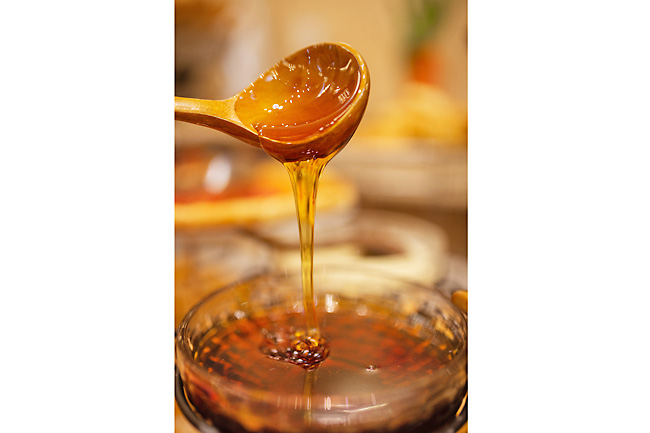OTTAWA (AFP) – Canada’s top court on Thursday upheld a more than CAD9 million (USD7 million) fine for a man convicted in the country’s largest ever theft of maple syrup.
Richard Vallieres had been among 16 people arrested in July 2012 for the robbery of the sweet, sticky goo from a warehouse in Saint-Louis-de-Blandford, northeast of Montreal, and convicted of fraud, theft and trafficking.
The 3.4 million litres of syrup stolen during what has become known as the “Great Canadian Maple Syrup Heist” had a market value of more than CAD18 million, but at trial Vallieres said he’d only pocketed CAD1 million from its sale for CAD10 million, after paying accomplices and transportation costs.
He was sentenced to eight years in prison and ordered to pay the steep fine based on a Criminal Code clause requiring penalties to be equal to the value of stolen property when the property cannot be returned to its owner.
An appeal court lowered the amount to just the profit he claimed to have made, but the high court reversed that decision, saying the act does not give judges any discretion to limit such fines.

Chief Justice Richard Wagner said in the unanimous Supreme Court ruling that the law was intended to prevent offenders from profiting from their crimes, and send a clear message that “crime does not pay”.
“Even though the amount of the fine in lieu may seem high, it is warranted in light of the scheme for the forfeiture of proceeds of crime,” he wrote.
The high court gave Vallieres 10 years to pay the CAD9,171,397.57 fine (CAD10 million minus the amount of a separate restitution order) or else he must serve an additional six years in prison.
Quebec province produces about three-quarters of the world’s supply of maple syrup.
The 9,571 barrels in this case were stolen from a Quebec Maple Syrup Producers stockpile.
Most were transported to a remote sugar shack where the syrup was siphoned off, and the barrels were refilled with water and returned to the facility.
The syrup was then trucked to New Brunswick and the United States (US) state of Vermont where it was sold in smaller batches, including to legitimate syrup distributors who were reportedly unaware of its origin.



















































